How important is posture?
Some people place a lot of focus on their posture, and others none. So, how important is posture?
Mechanically: There is lots of talk around posture causing back or neck pain, but research consistently finds no link between particular postures and pain. Considering how complex pain is, it isn’t a huge surprise that one thing (posture) would have significant control over pain. But, we’ve all experienced sitting in a certain position for a long time will make things stiff and sore. Currently, the best advice is to change posture regularly. Most of your tissues like to move; moving stretches muscles, lubricates joints, improves circulation, and more. So, it may be the lack of movement, rather than the particular posture that is causing stiffness.
As a physio, the biggest issue I see with people’s posture, is when the posture is forced (usually because they’ve been told to do it). For example, pulling your shoulders back, activating your core, sitting bolt upright, these cause tightness because the person is constantly tense trying to force a position. Yes, these are all ways to achieve an upright posture, but if you want an upright posture, do it without creating tension and rigidity in your body.
Posture affects your breathing: our lungs are like long triangles, with the point up behind your collar bones, and the base of the triangle around the base of your ribcage. More air fits into the base of the triangle than the tip. When you slouch, this limits how much your ribcage can expand around the base, so your breathing will become shallow. The best positions for our ribcage and diaphragm (key breathing muscle) are standing upright, or sitting in a slight forward lean. You should be able to feel your ribs and abdomen expand gently as you breathe in.
Posture impacts your digestion: a slouched posture will compress the organs needed for digestion, which can lead to acid reflux, bloating, increased gas, and constipation. A taller, more elongated posture will allow better digestion. Your diaphragm also plays a role in digestion, similar to breathing, sitting upright or in a slight forward lean are good positions to eat.
Posture reflects and impacts your mood: upright postures have been shown to be more resistant to stress, and allowed a better recovery from a negative mood. Whereas, slumped postures led to more negative moods, and worse recovery from a negative mood.
Overall, postures that are elongated, taller, and upright, tend to be better for us as a whole. This doesn’t mean you can’t slump on the couch on a rainy day, eating popcorn, and watching movies. But at least now you’ll know why you’ve got a stomach ache, neck ache, can’t breathe deeply, and keep crying during a comedy!


